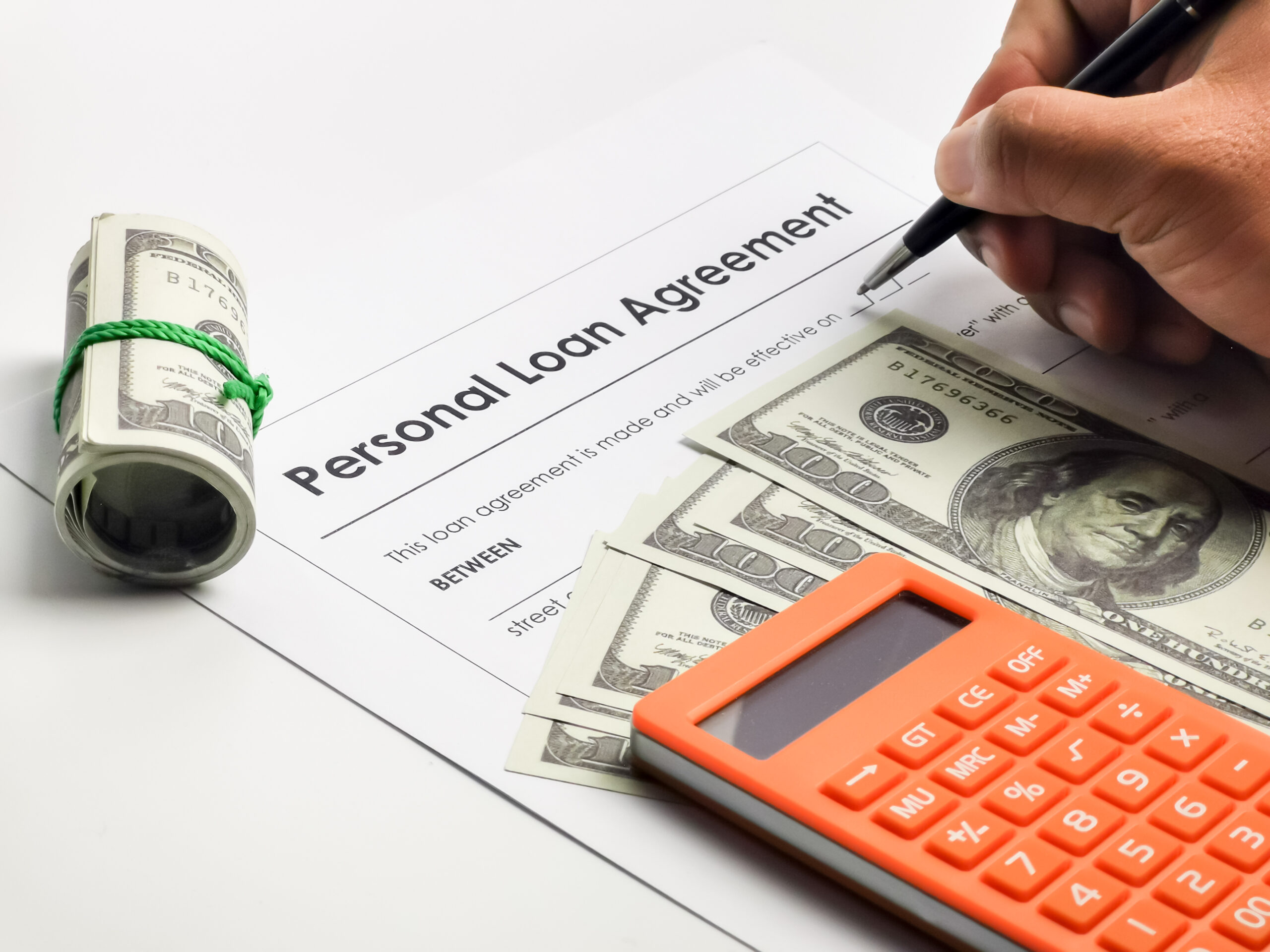
Debt can feel overwhelming, especially when juggling multiple loans with different interest rates and due dates. If you’re struggling to keep up with various payments, a debt consolidation loan may be a smart solution. This financial strategy allows you to combine multiple debts into a single loan with a fixed interest rate and one manageable monthly payment. But before you apply, it’s essential to understand how debt consolidation works, its benefits, potential pitfalls, and whether it’s the right move for you.
Why Debt Consolidation Loans Matter
Debt consolidation loans offer financial relief by simplifying payments and potentially reducing interest rates. Here’s why they are important:
- Lower Interest Rates: Many unsecured debts, such as credit cards, have high interest rates. Consolidation loans often come with lower rates, saving you money over time.
- Simplified Repayment: Instead of tracking multiple due dates and amounts, you only have one fixed monthly payment, making it easier to stay on top of your finances.
- Improved Credit Score: If used responsibly, consolidating debt can help improve your credit score by reducing your credit utilization ratio and ensuring timely payments.
- Reduced Stress: Managing one loan instead of several can ease financial anxiety and give you better control over your budget.
For example, if you have three credit cards with interest rates of 20%, 25%, and 18%, consolidating them into a personal loan with a 10% interest rate could significantly reduce your monthly payments and long-term costs.
Common Challenges of Debt Consolidation Loans
While debt consolidation offers numerous benefits, it is not a one-size-fits-all solution. Some common pain points include:
- Eligibility Issues: Not everyone qualifies for a low-interest consolidation loan, especially if they have poor credit.
- Hidden Fees: Some lenders charge origination fees, balance transfer fees, or prepayment penalties that add to your overall debt.
- Risk of Accumulating More Debt: If you don’t change your spending habits, you may end up using credit cards again, creating more financial strain.
- Longer Repayment Terms: Lower monthly payments may mean a longer loan term, leading to more interest paid over time.
How to Apply for a Debt Consolidation Loan Successfully
If you decide that a debt consolidation loan is the right choice, follow these steps to ensure a smooth application process:
1. Assess Your Financial Situation
Before applying, take a close look at your debts, income, and expenses. Calculate your total debt amount, the interest rates you’re currently paying, and your monthly obligations. This will help determine if consolidation is a cost-effective option.
2. Check Your Credit Score
Lenders use your credit score to determine loan eligibility and interest rates. A higher credit score usually means better loan terms. If your score is low, consider improving it by paying off small debts or correcting any errors on your credit report before applying.
3. Compare Lenders and Loan Options
Not all debt consolidation loans are the same. Research different lenders, including banks, credit unions, and online lenders. Compare:
- Interest rates
- Loan terms
- Fees and penalties
- Repayment flexibility
Using a loan comparison tool or consulting a financial advisor can help you find the best deal.
4. Gather Required Documents
Most lenders will ask for proof of income, a list of existing debts, credit reports, and identification documents. Having these ready can speed up the application process.
5. Apply and Review Loan Terms Carefully
Once you’ve chosen a lender, submit your application. If approved, review the loan agreement thoroughly to understand the terms, including interest rates, repayment period, and any hidden fees.
6. Use the Loan Wisely
After receiving the funds, immediately pay off your existing debts. Avoid the temptation to keep old credit cards active for unnecessary spending. Instead, focus on budgeting and financial discipline to stay debt-free.
When Debt Consolidation Might Not Be the Best Option
While debt consolidation can be helpful, it may not be suitable for everyone. It’s not ideal if:
- Your credit score is too low to qualify for a lower interest rate.
- You have only a small amount of debt that can be paid off quickly without consolidation.
- Your spending habits remain unchanged, leading to further financial trouble.
In such cases, alternatives like credit counseling, debt management plans, or negotiating directly with creditors may be better options.
Conclusion
A debt consolidation loan can be a powerful tool for simplifying debt repayment, reducing interest rates, and improving financial well-being. However, it requires careful consideration, proper planning, and disciplined financial habits to be effective. Before applying, assess your financial situation, compare lenders, and ensure it aligns with your long-term goals. At Nulldebt, we specialize in helping individuals navigate debt relief options tailored to their unique needs. If you’re ready to take control of your finances, reach out to us today for expert guidance!